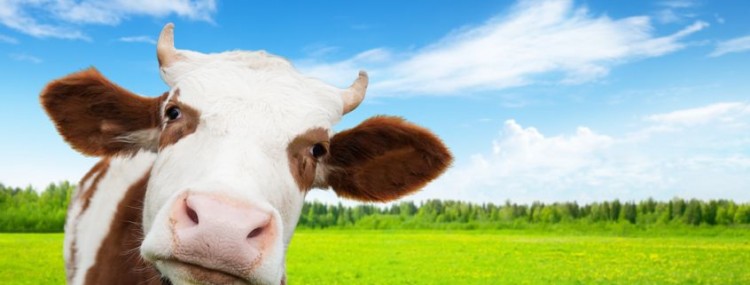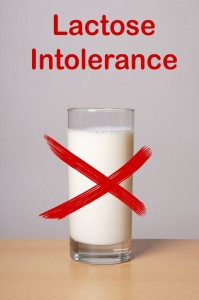
Are You Lactose Intolerant?
 Intolerant to milk? You are not alone. About three quarters of the world’s population is said to be lactose intolerant! A lack of or a deficiency in an enzyme called “lactase” makes it very difficult for people with lactose intolerance to digest milk sugars (lactose) from dairy products.
Intolerant to milk? You are not alone. About three quarters of the world’s population is said to be lactose intolerant! A lack of or a deficiency in an enzyme called “lactase” makes it very difficult for people with lactose intolerance to digest milk sugars (lactose) from dairy products.
In India, around 60 to 70 per cent of people are lactose intolerant. A person with lactose intolerance usually experiences flatulence, bloating, diarrhea or constipation, cramps and nausea. It could also be mistakenly identified as irritable bowel syndrome since symptoms are similar for both conditions.
Many processed and packaged foods use lactose sugars or milk powder in them. Lactose intolerant people could have problems with a wide range of foods from biscuits, ice creams to chocolates.
What do people lose out on if not able to drink milk?
Milk is best known for the calcium it supplies.
Calcium as we all know is what makes the bones and teeth strong. Throughout childhood, calcium is deposited in the bones, leading to attainment of peak bone mass and strength later in life.
Generally, those who are intolerant to milk may be more tolerant to curds or yoghurt. Increasing curds, lassi or yoghurt may be the best option to get adequate calcium. Soya milk, for those who like the taste, can be another option. Low fat paneer and tofu are good sources of calcium as well.
For non-vegetarians, fish and seafood would be the best source of readily absorbed calcium. Many types of fish provide more than required amounts of calcium in 100 grams of edible portion. But deep frying, cold storage take – away some amount of calcium.
For strict vegetarians, seeds, greens and some whole pulses are the best sources. However, calcium from plant foods is not well absorbed unlike animal foods. Many factors present in plant foods, known as “oxalates” “phytates” or tannins prevent calcium absorption. While 30 to 33 % of calcium from milk and milk products are absorbed, only about 5 to 20 % of calcium may be absorbed from green leaves, seeds and other whole pulses. This means that more of these have to be eaten to compensate for the losses.
For Vegans the protein requirements can be met by consuming tofu(soya paneer), soya milk, whole pulses,seeds, nuts,quinoa and oats.
Vitamin B 12, riboflavin and Vitamin A are some other nutrients that milk is rich in. Adding a multivitamin supplement may be necessary for a vegan as far as getting B 12 is concerned, but other nutrients can be obtained from green leafy vegetables, whole grains, fruits and nuts.
Explore a world of health and nutrition enriched meals only at Calorie Care. Order your balanced meal that provides all required nutrients, at caloriecare.com.



